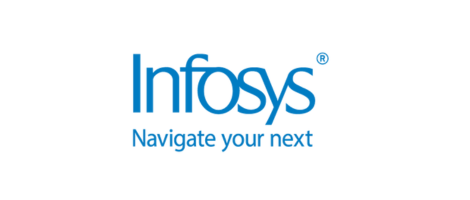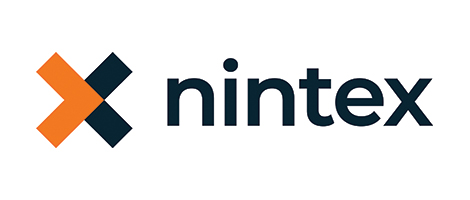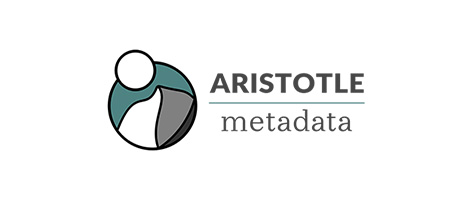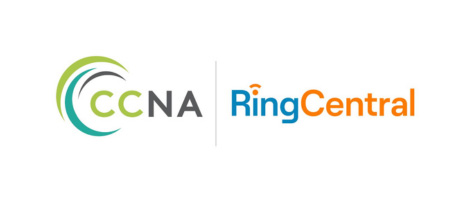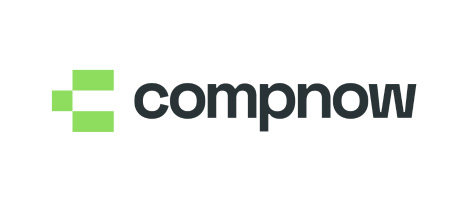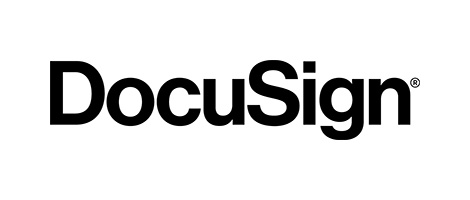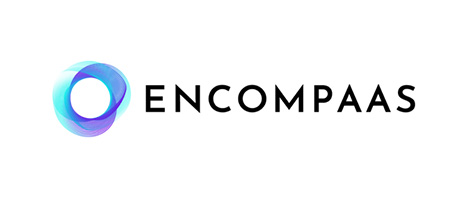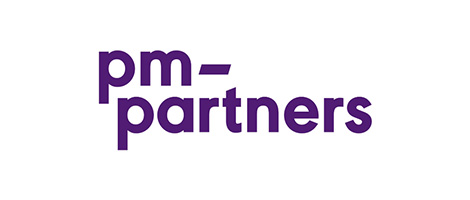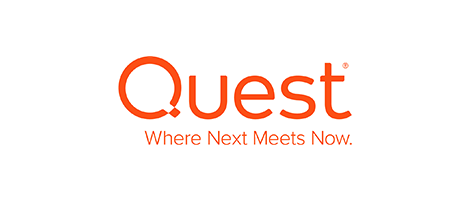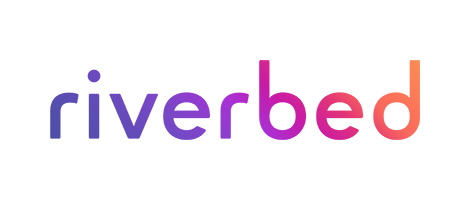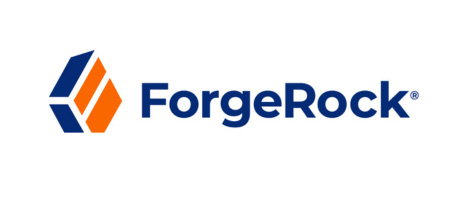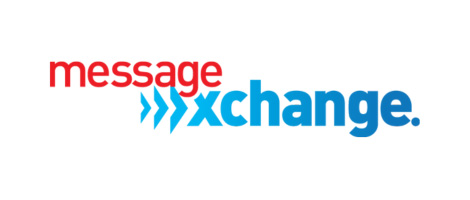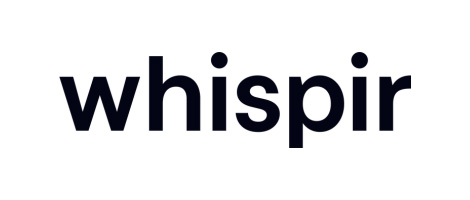DIGITAL CAPABILITIES & TRANSFORMATION | DATA MANAGEMENT & PRIVACY | EVOLVING CYBER & TECHNOLOGIES | LEADERSHIP & CHANGE
As the ramifications of the last few years persist, so has the Government’s reprioritisation of digital transformation for public service functions, with commitments to building future-ready and resilient industries, investing in the digital infrastructure and skills, fostering a culture of innovation and continuous learning, ensuring digital inclusivity, and facilitating seamless digital interactions between Government, businesses and the community.
Addressing these issues and more, FST Government is delighted to host our 8th annual Victoria conference in 2023. We welcome esteemed technology and digital innovation thought leaders from the public sector to discuss trends that are shaping the future of digital government.
Join us where we’ll explore:
- The state’s Whole-of-Government Digital Transformation Program
- The re-engineering of Victoria’s Digital Resources and Capabilities
- The Advancement of Omni-Channel Services and Platforms for Citizens
- Data Governance and Adaptive Cybersecurity
- And much more
The Democratisation of Analytics - Scaling the Power of Data across the Agency. Join this session to understand:
- Using data to make decisions - faster!
- The stages of analytics maturity, the divide between people and technology
- A better way to do things – a proven method – that helps agencies meet outcomes and objectives
Our peer to peer roundtable discussions enable you to engage with other attendees as they rotate from table to table.
Each discussion features one of 20 distinct topics and is hosted by a technology expert together with a government co-host to drive an engaging conversation amongst the participants.
This year's top themes span across Digital Leadership, Workforce Transformation & Development, IT Capabilities, Evolving Technology, Cyber Uplift, Advanced Data & Analytics, and more.
Building a Future-Ready Victoria: Embedding Citizen-First Approaches in IT Strategy to Supercharge Digital Transformation
- Digital Transformation Strategy: How do we prioritise transformation and operating model redesign in line with the Future Ready Victoria: Digital Strategy?
- Evolving Transformation: How is the Victorian Public Service evolving and adapting to meet the changing needs and demands of citizens, employees and businesses?
- Accessibility: How can we best engage and provide citizens with government services, resources and tools?
Developing a Data-Driven Public Sector: Accelerating Innovation and Citizen Outcomes with Data on Your Side
- Data Driven Decisions: How can we best leverage data and predictive analytics to improve citizen services, decision making, processes and systems and proactively anticipate the need for new ones?
- Information Management Innovation: How can government modernise information management processes, programs and systems?
- Skills and Talent: How does data fuel more skilled employment in the public sector?
Demonstrating Automation Values and Why it Can be Your Key to Success
Automation, leveraging process Management and other technologies, has opened up new possibilities. The pace of adoption has been rapid. Governments and organisations of all sizes globally are leveraging automation to drive value. When done right, automation has proven to deliver real benefits, join this session to explore the power of automation and why it could be your key to success:
- What is the recipe for success to streamline processes and improve efficiency & accuracy
- Changing your approach to process management
- Building an automation centre of excellence
From Reactive to Proactive: Understanding, Strengthening and Evolving Cyber Security Capabilities and Risks
- Cyber Expectations: How do we ensure security services comply with organisational and government strategies and uphold citizen expectations and trust?
- Proactive Processes: What should organisations when shifting from reactive to proactive policies, programs and processes?
- Threat Identification: What can we do to prioritise cyber security threat identification, risk response and understanding across the Victorian public sector?
- The latest research on the productivity potential of using GenAI for work
- Why GenAI should be led by an HR-led strategy, not by IT
- The challenges and opportunities of GenAI for the public service



































